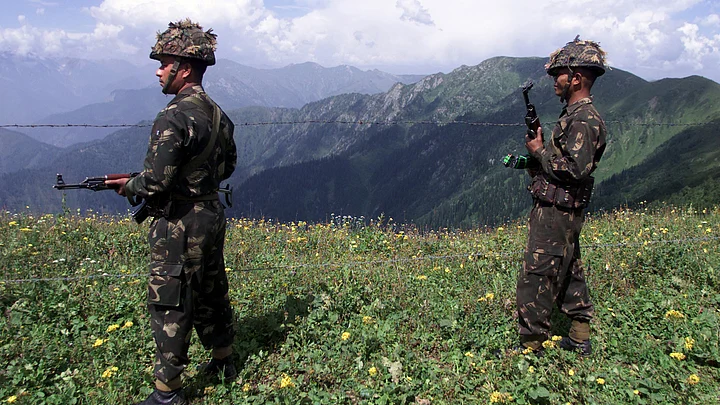Origin of India’s Army Day
15 January is celebrated as the Army Day in India. The choice of the day dates back to 1948.
Upon independence, four of the ten Gurkha regiments were transferred to the British Army. The rest of the British Indian Army was divided between the newly created nations of India and Pakistan.
On 15 January 1949, Lieutenant General KM Cariappa took over as the first Commander-in-Chief of the Indian Army from General Sir Francis Butcher, the last British Commander-in-Chief of India.
The units and regiments of the Indian Army have diverse histories and have participated in a number of battles and campaigns across the world, earning a large number of battle and theatre honours before and after independence.
With its motto "Service Before Self", the Indian Army is the world’s largest volunteer army. With over 12 lakh active personnel on its rolls, it is the third largest army in the world. The Indian Army is a big part of the UN Peacekeeping Force and one of the rare few armies in the world to have not initiated a war.
When Conflict Was Thrust Upon Us
Here is a timeline of the wars the Indian Army fought:
1947: The First Indo-Pak War which saw nearly 1,500 martyred in the line of duty
1962: The Sino-India war. Huge casualties resulted from this war, as 1,383 soldiers laid down their lives for the nation.
1965: Then Prime Minister Lal Bahadur Shastri and Defence Minister Yashwantrao Chavan gave a free hand to the Indian Army after the Pakistani army tried to destabilise Jammu and Kashmir. Nearly 3,000 Indian soldiers died defending the nation in the 22-day-long war.
1971: Bangladesh was carved out to rescue its people from Pakistan. India lost 3,800 soldiers.
1999: The Kargil war shocked both India and the world, after a completely uncalled for misadventure from the Pakistani army’s side led to a full-fledged war. Over 500 Indian soldiers laid down their lives.
On this Army Day, we at The Quint salute the Indian Army for its valour, service, dedication and everything else that it stands for.
(This article was originally published on 15 January 2017 and has been republished from The Quint’s archives.)
(At The Quint, we question everything. Play an active role in shaping our journalism by becoming a member today.)
